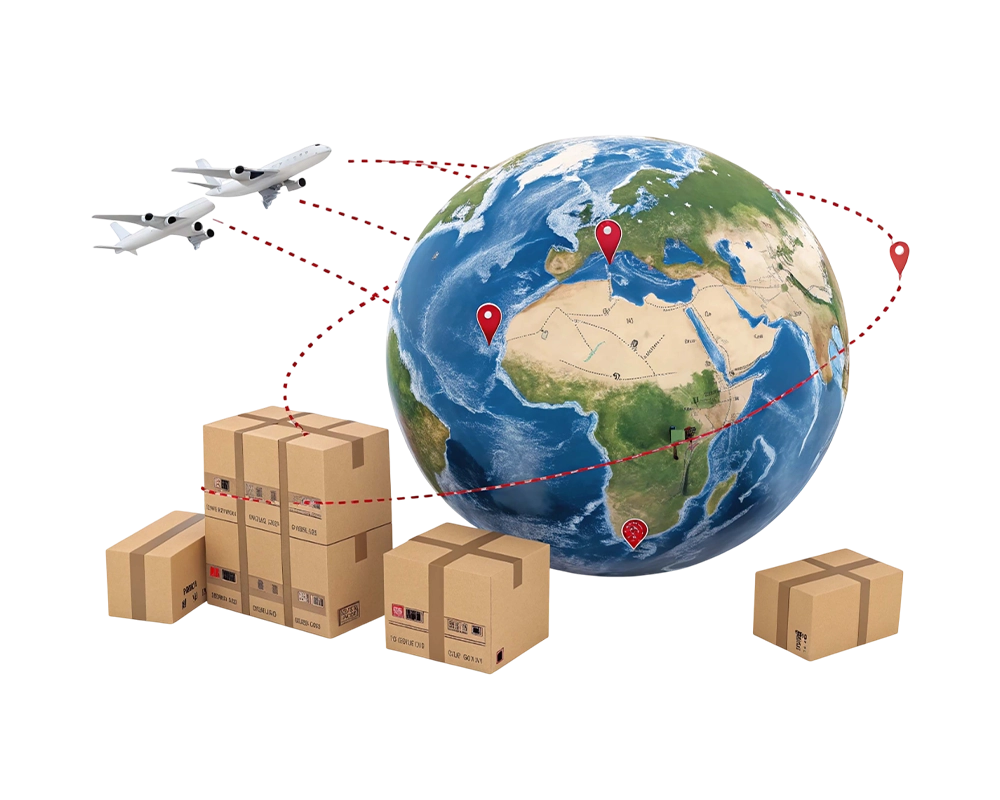
The Role of ERP in Supply Chain Management
Over the last few years, and especially during the COVID-19 situation, organizations worldwide have recognized the many benefits of ERP software in supply chain management (SCM). From improved customer service and workflow automation to cost reduction, ERP for retail has proven to deliver several advantages. One of the most notable developments is the increasing adoption of ERP in Supply Chain Management, which plays a crucial role in driving efficiency and resilience across operations. Key features underscore the role of ERP in Supply Chain Management, making a substantial impact on optimization. Some of them are:
- Cross-platform visibility resolves quality issues and improves time to market.
- Supply chain planning software helps stay ahead of customer demand through agile planning.
- Analytics help optimize logistics and inventory.
- Monitoring and maintenance reduce equipment downtime and OEE. (Overall Equipment Effectiveness)
- Faster recovery from break-in supply-chain after COVID-19 in terms of supply and demand.
Benefits of implementing ERP in Supply chain Management (SCM)
Reliable and direct inter-department communication with IoT
Improved end-to-end supply chain visibility and transparency
Efficient demand planning and monitoring
Better supplier-qualification process
Microsoft Dynamics 365 Supply Chain
Microsoft Dynamics 365 Supply Chain makes operational innovation and technological modernization, the key pillars for a modern supply chain planning, possible. With comprehensive supply chain management services, businesses can seamlessly integrate advanced capabilities to enhance agility and responsiveness across their supply chain.
It enables operational innovation and technological modernization by enabling users to
Operational Innovation
- Optimize fulfillment by synchronizing information across logistics, sales, and purchase management.
- Streamline the procurement process and get deep visibility into product inventory.
- Accelerate product delivery with advanced transportation and warehouse management.
- Implement a unified and intelligent production lifecycle.
Technological Modernization
- Automate business processes across Dynamics 365 solutions to create a unified user experience.
- Build and deploy scalable web and mobile client apps.
- Move toward a modern approach by infusing IoT and mixed reality.
- Seamless integration capabilities with business ecosystems.


